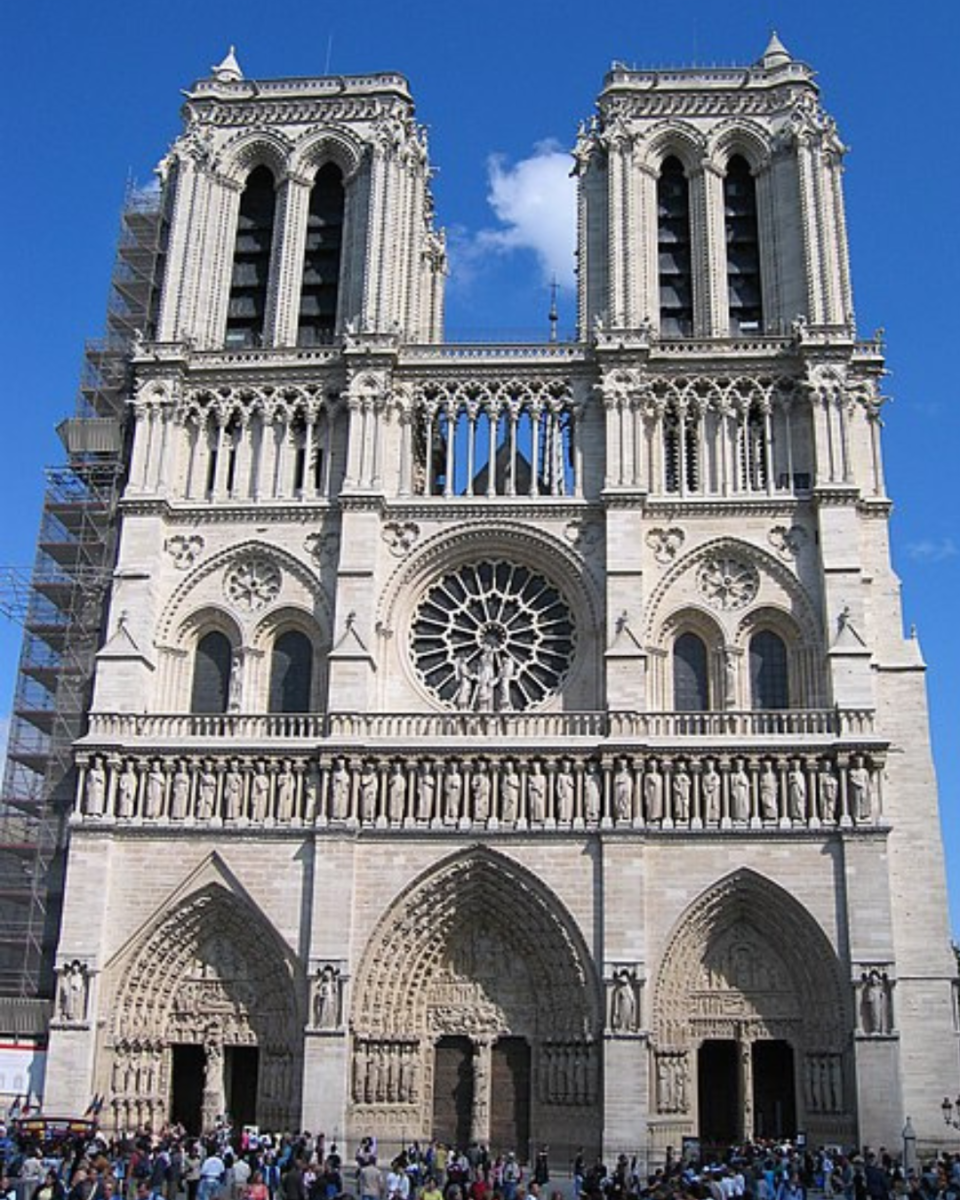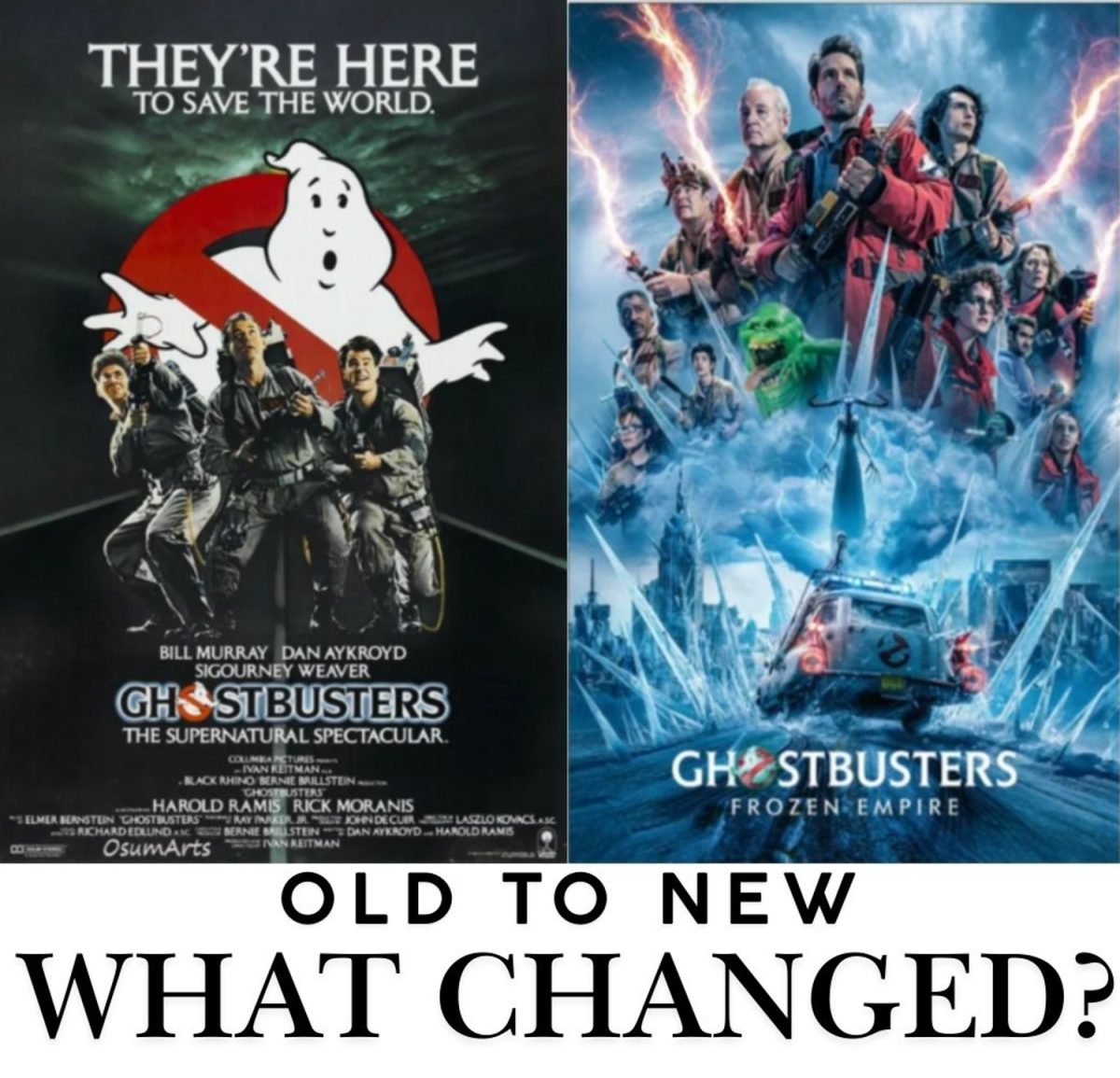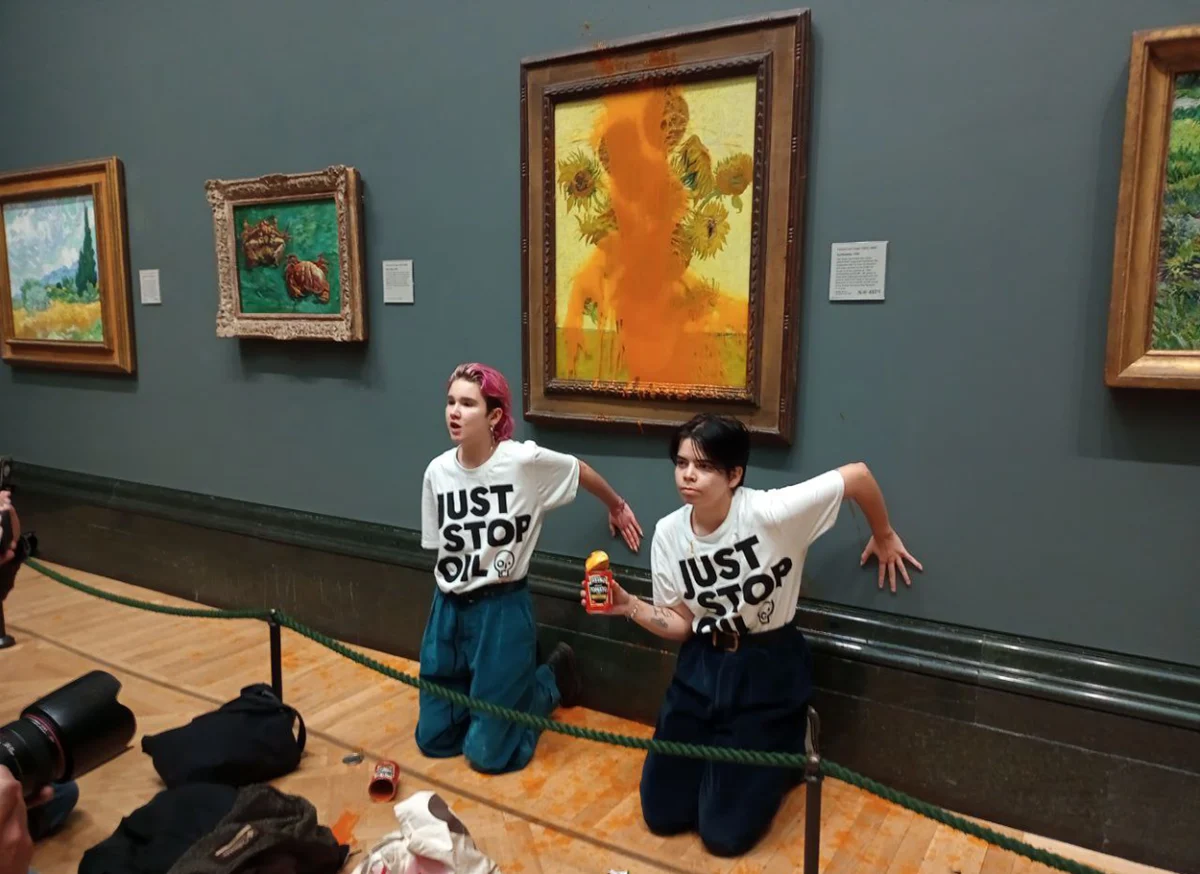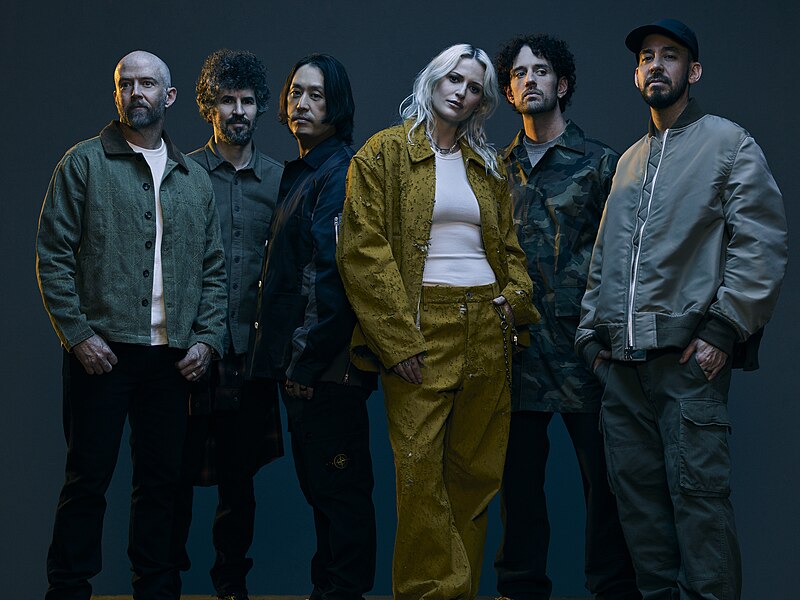There is no doubt that Artificial Intelligence (AI) has become a prevalent and powerful tool used in various fields; and the music industry is no stranger to AI contraption. AI-generated music is expected to have a heavy impact on artists as it opens the door for music to be created without immense training or qualification; however, this poses the question of how valued human creativity and soul is in such a prominent industry and where to draw the line.
The increased use of AI to automatically generate music has made the future of the music industry blurry with the fear of AI potentially replacing human producers and artists, which could lead to heavy career losses and completely diminish human creativity in the field: something crucial when it comes to creating music. It is truly frightening how strikingly similar the vocals on AI-generated music sound to the actual artist it is emulating. The music produced by AI depicts its power and shows the adverse effects AI can have on professionals in the industry who now have less of an outlet to express themselves creatively.
Strictly AI-generated music also paves the path for the music produced to become too similar with kindred rhythm tracks. This would ultimately lead to a loss of variation and diversity, which is what makes music what it is and enriches it with a kaleidoscope of diverse minds and ideas coming together as one to create masterpieces. The use of AI in music takes away the human component of the art and makes it soulless.
The use of AI in music also has the potential to carry on any inherent prejudices or other biases found in music, which would mirror a significant lack of representation within music. These things could also bring down someone’s reputation if their vocals are used for that particular music, further causing harm. Human input is truly crucial for the production of music to ensure it remains as artistic as possible.
Scrolling through TikTok, I myself have stumbled upon numerous samples of music from many mainstream artists that all sound as though they had been officially released, when in reality the vocals and production of the song are all AI-generated, leaving no room for human expression. The song “Stars On The Roof” by Travis Scott gained quite some popularity throughout TikTok in 2024, partly because of the feature of Juice WRLD, a well-known artist who passed away back in 2018. The power of AI used his vocals to sing verses he had never recorded while alive. This strikes up another question of how ethical it is to use a deceased artist’s vocals to create music, especially if they passed before giving consent to their voices being revived through technology.
It is advised to contact the families of deceased artists to gain consent over the use of their vocals, but even then it would not be as completely ethical as asking the artists themself. It’s also not seen as ethical for AI-generated music to be marketed and sold as it’s not genuine, human-created music with the proper credentials and permission; it’s wrong to encroach upon the legacies of late musicians.
The waves of AI truly have intricate uses, but it’s important to be mindful of it in the music industry in order to work around and lighten the risks to ensure human creativity continues to have a profound impact on the production and creation of music.









